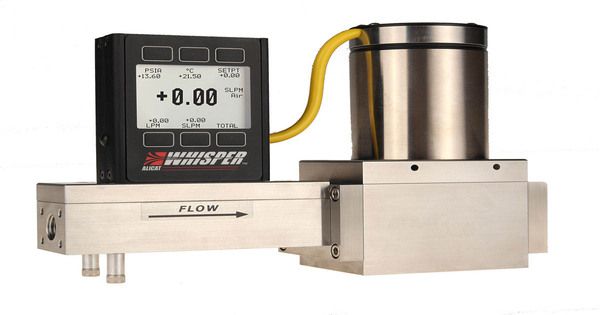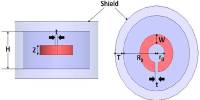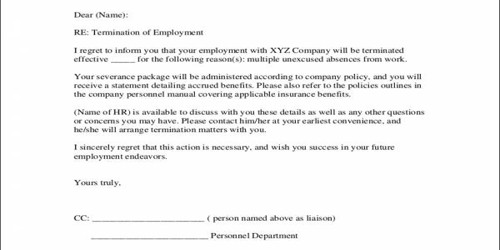A Mass Flow Controller (MFC) is a device that measures and controls the flow rate of a gas with high accuracy. It is a device for measuring and controlling the flow of liquids and gases. A mass flow controller is developed and calibrated to control a certain type of liquid or gas across a given flow rate range. It is widely utilized in a variety of commercial and scientific applications requiring precise control of gas flow, including semiconductor production, gas chromatography, chemical vapor deposition, and numerous laboratory settings.
The MFC can be set to any position between 0 and 100% of its entire scale range, however, it is usually operated between 10 and 90% of full scale to ensure the best accuracy. The gadget will then regulate the flow rate to the specified setpoint. MFCs can be either analog or digital. A digital flow controller can usually control multiple types of fluids, whereas an analog controller is restricted to the fluid for which it was calibrated.
Here’s how it generally works
All mass flow controllers include an inlet port, an exit port, a mass flow sensor, and a proportional control valve. The MFC is equipped with a closed-loop control system that receives an input signal from the operator (or an external circuit/computer), compares it to the value from the mass flow sensor, and adjusts the proportional valve accordingly to obtain the desired flow. The flow rate is given as a percentage of the calibrated full-scale flow and transmitted to the MFC via a voltage signal.
- Flow Measurement: The MFC measures the flow rate of the gas passing through it using various techniques such as thermal mass flow measurement, differential pressure measurement, or Coriolis flow measurement.
- Control Mechanism: Based on the desired flow rate set by the user, the MFC adjusts its control valve to regulate the flow of gas accordingly.
- Feedback Loop: MFCs often incorporate a feedback loop mechanism where the actual flow rate is continuously monitored, and adjustments are made to maintain it at the desired setpoint.
- Communication Interface: Many modern MFCs also come equipped with communication interfaces such as RS-232, RS-485, or digital protocols like Modbus or Profibus, allowing for remote control and integration into automated systems.
Overall, MFCs play a crucial role in ensuring precise and stable gas flows in a wide range of industrial and scientific processes, contributing to improved product quality, process efficiency, and reproducibility.
















